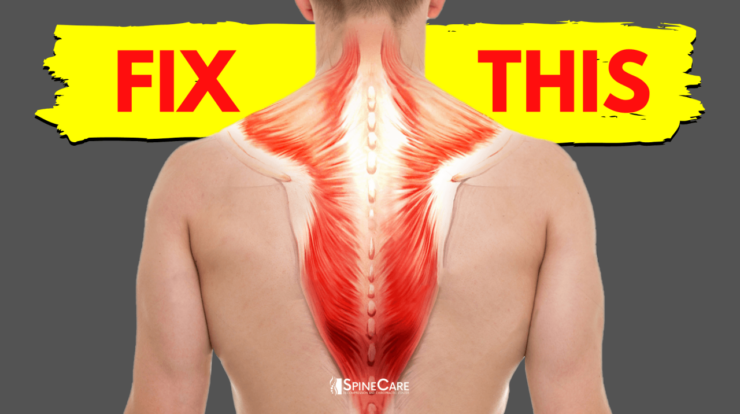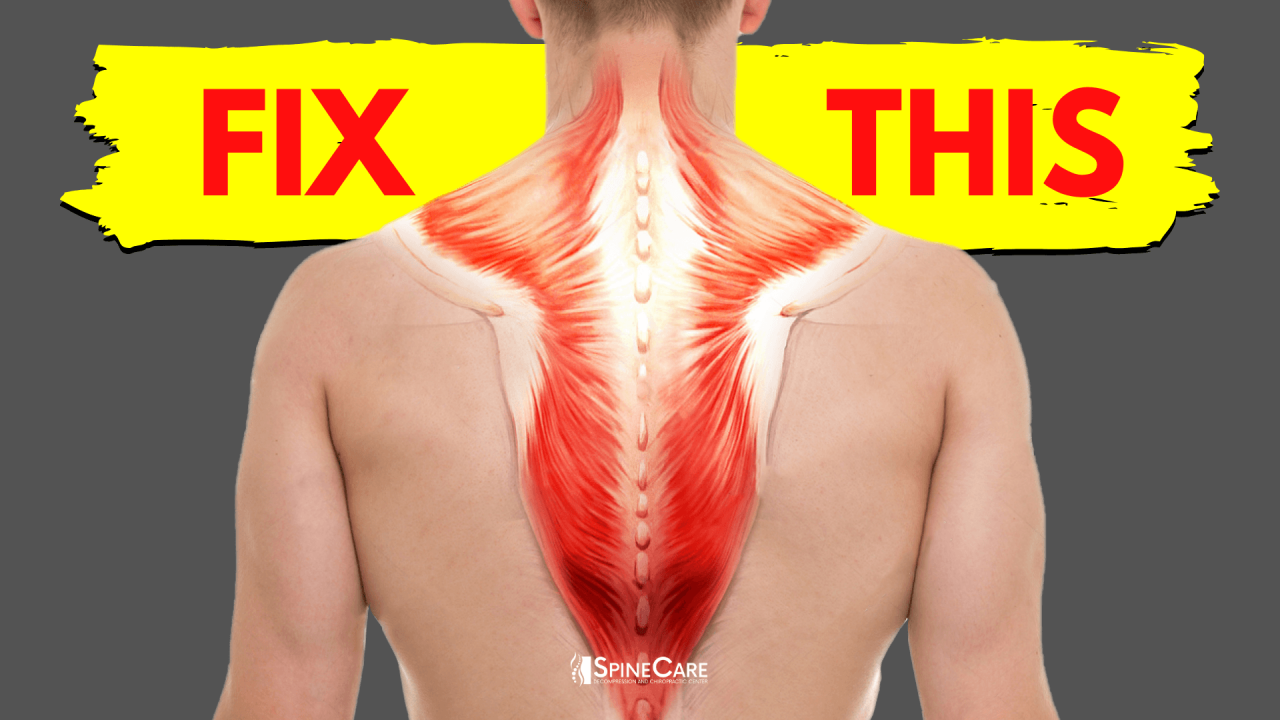
How can stiff and tight muscles result in back pain? – Stiff and tight muscles are a common cause of back pain, and they can be caused by a variety of factors, including poor posture, lack of exercise, and certain medical conditions. When muscles are stiff and tight, they can put pressure on the nerves and blood vessels in the back, leading to pain and discomfort.
In this article, we will explore how stiff and tight muscles can lead to back pain, and we will provide tips for preventing and treating this condition.
Muscular Causes of Back Pain
Stiff and tight muscles are common causes of back pain. When muscles are tight, they can put pressure on nerves and blood vessels, causing pain and discomfort. Additionally, muscle imbalances can also lead to back pain.
As Mother’s Day approaches, the question arises: should pregnant women be celebrated? Some believe it’s appropriate to wish them a happy Mother’s Day , recognizing their future role. Others argue that only mothers who have given birth should be honored.
However, there is no definitive answer, as opinions vary widely.
Activities or Postures That Can Cause Muscle Stiffness
- Sitting for long periods of time
- Repetitive movements
- Poor posture
- Lack of exercise
Muscle Imbalances
Muscle imbalances occur when one muscle group is stronger or tighter than its opposing muscle group. This can lead to back pain because the stronger muscles can pull the spine out of alignment.
Tight Muscles and Nerve Compression: How Can Stiff And Tight Muscles Result In Back Pain?

Tight muscles can compress nerves in the back, causing pain, numbness, and tingling. Some of the specific muscles that can compress nerves in the back include:
- Piriformis muscle
- Gluteus maximus muscle
- Hamstring muscles
Symptoms of Nerve Compression in the Back
- Pain
- Numbness
- Tingling
- Weakness
Muscular Spasms and Back Pain
Muscular spasms are involuntary contractions of muscles. They can be caused by a variety of factors, including muscle fatigue, dehydration, and electrolyte imbalances. Muscular spasms can contribute to back pain by putting pressure on nerves and blood vessels.
Whether you’re expecting a little one or have been a mother for years, Mother’s Day is a special day to celebrate. While it’s common to wish mothers a “Happy Mother’s Day,” it’s important to consider the etiquette when it comes to pregnant women.
Find out the answer to the question, “Do you say Happy Mother’s Day to a pregnant woman?” here . Additionally, explore a collection of images with heartfelt wishes for all mothers. Express your gratitude with wishes that capture the essence of motherhood.
Factors That Can Trigger Muscle Spasms in the Back
- Overuse
- Dehydration
- Electrolyte imbalances
- Stress
Treatment Options for Muscle Spasms in the Back
- Rest
- Heat or cold therapy
- Massage
- Stretching
- Medication
Prevention and Treatment of Stiff and Tight Muscles
There are a number of things you can do to prevent and treat stiff and tight muscles in the back. These include:
Preventing Stiff and Tight Muscles, How can stiff and tight muscles result in back pain?
- Regular exercise
- Stretching
- Good posture
- Avoid sitting for long periods of time
Treating Stiff and Tight Muscles
- Stretching
- Massage
- Heat or cold therapy
- Medication
Wrap-Up

Stiff and tight muscles are a common cause of back pain, but they can be prevented and treated with proper care. By following the tips in this article, you can help to reduce your risk of developing back pain and improve your overall health and well-being.
FAQs
What are some of the activities or postures that can cause muscle stiffness?
Some of the activities or postures that can cause muscle stiffness include sitting for long periods of time, standing for long periods of time, sleeping in an awkward position, and performing repetitive motions.
What are some of the symptoms of nerve compression in the back?
Some of the symptoms of nerve compression in the back include pain, numbness, tingling, and weakness in the back, buttocks, or legs.
What are some of the treatment options for muscle spasms in the back?
Some of the treatment options for muscle spasms in the back include rest, ice, heat, massage, and physical therapy.






